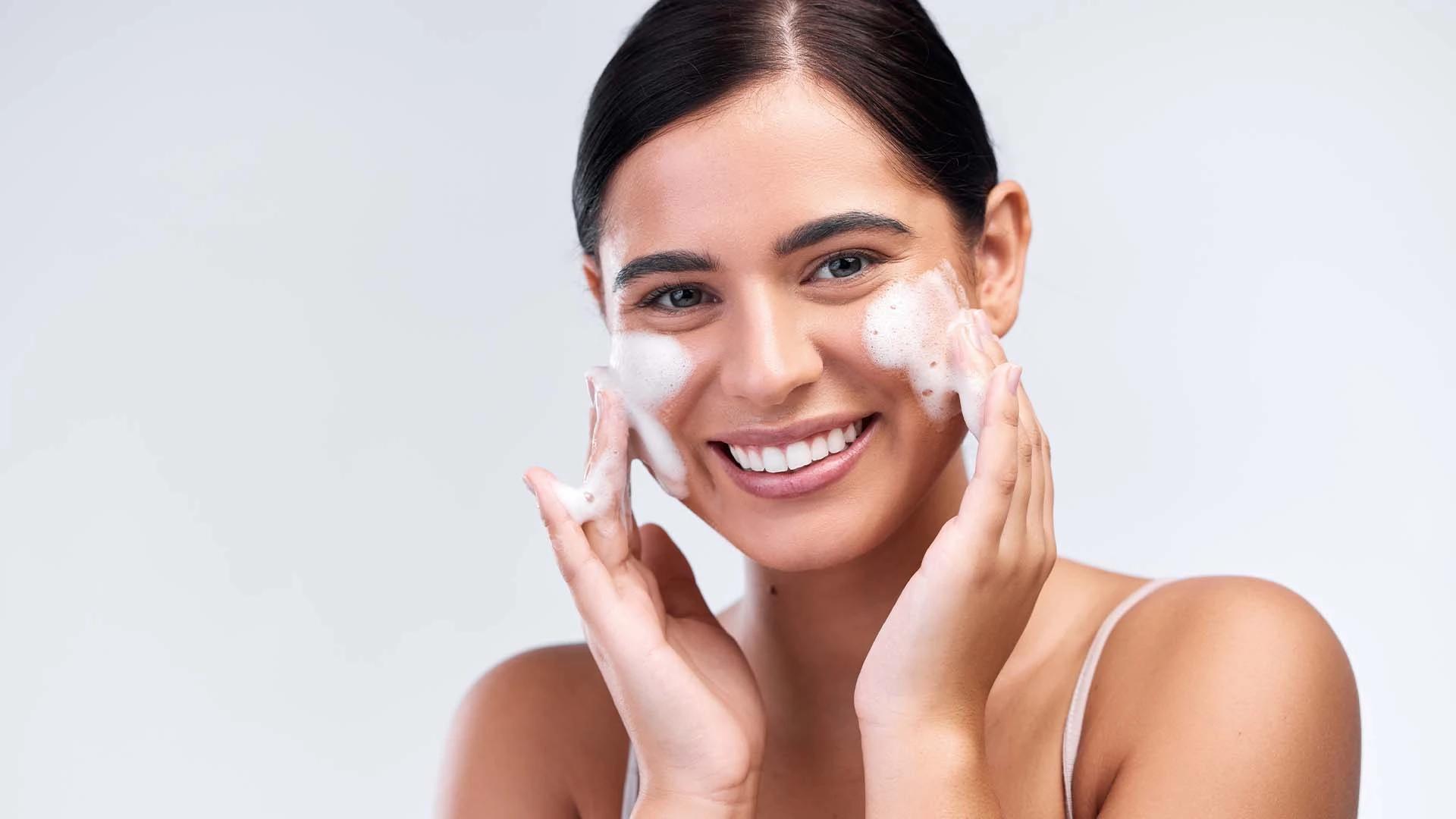Whilst skin whitening creams can be incredibly effective, they're not without risks. Common side effects include redness, irritation, and increased sun sensitivity. Some people might experience more severe reactions, especially when using products with higher concentrations of active ingredients or when combining multiple products without proper guidance.
The key is listening to your skin and stopping use if you notice persistent irritation, burning, or unusual discolouration. Your skin's health should always come first, and no amount of brightening is worth compromising your skin barrier or causing long-term damage.
• **Mild irritation**: Slight redness or tingling is normal initially
• **Severe reactions**: Burning, blistering, or intense pain requires immediate discontinuation
• **Increased sensitivity**: Your skin may become more reactive to other products
• **Rebound pigmentation**: Stopping some treatments abruptly can worsen pigmentation
Natural Alternatives to Skin Whitening Creams
If you prefer a more natural approach or want to complement your skincare routine, several natural ingredients can help brighten your complexion. Whilst these options work more slowly than commercial products, they're gentler and often more budget-friendly.
Regular exfoliation with gentle scrubs, vitamin C-rich foods, and proper hydration can all contribute to a brighter, more even complexion. Remember, though, that natural doesn't always mean risk-free—some DIY remedies can be harsh or cause allergic reactions.
• **Lemon juice**: Contains natural vitamin C but can be harsh and photosensitising
• **Turmeric masks**: Anti-inflammatory properties can help with overall skin tone
• **Aloe vera**: Soothes skin and may help with minor pigmentation
• **Green tea**: Rich in antioxidants that protect against environmental damage
Frequently Asked Questions
Are skin whitening creams safe for long-term use?
It depends on the ingredients and your skin type. Gentle ingredients like vitamin C and niacinamide are generally safe for extended use, whilst stronger actives like hydroquinone should only be used under professional supervision and for limited periods. Always monitor your skin's response and take breaks if needed.
How long does it take to see results from a skin whitening cream?
Most people start noticing changes after 4-6 weeks of consistent use, with more significant results appearing after 2-3 months. The timeline varies based on the active ingredients, concentration, your skin type, and the severity of pigmentation you're treating.
Can skin whitening creams be used on the body as well as the face?
Many formulations are designed specifically for facial use and might be too strong or expensive for body application. Look for body-specific products if you want to treat pigmentation on other areas, as these are typically formulated for the thicker, less sensitive skin on your body.
Are there any permanent skin whitening solutions?
No skincare product provides truly permanent results. Pigmentation can return due to sun exposure, hormonal changes, or aging. Professional treatments like laser therapy can provide longer-lasting results, but maintenance is usually required to prevent new pigmentation from forming.
How do I choose between a cream, serum, or lotion for skin whitening?
Serums typically contain higher concentrations of active ingredients and penetrate deeper, making them ideal for targeted treatment. Creams provide more moisture and are better for dry or mature skin. Lotions are lighter and work well for oily skin or body application. Your choice should depend on your skin type and specific needs.
Final Thoughts
Choosing the right skin whitening cream is a personal journey that requires patience, research, and a bit of trial and error. The most important thing is to prioritise your skin's health over quick results. Start with gentle ingredients, be consistent with your routine, and never skip sun protection.
Remember, beautiful skin comes in all shades, and the goal should be healthy, radiant skin rather than dramatically changing your natural complexion. Whether you're dealing with post-acne marks, sun damage, or just want a more even skin tone, there's likely a solution that works for your needs and budget. Take your time, do your research, and don't hesitate to seek professional advice when needed. Your skin will thank you for the thoughtful approach.

 30 gm
30 gm 50 gm
50 gm 50 gm
50 gm 60 gm
60 gm